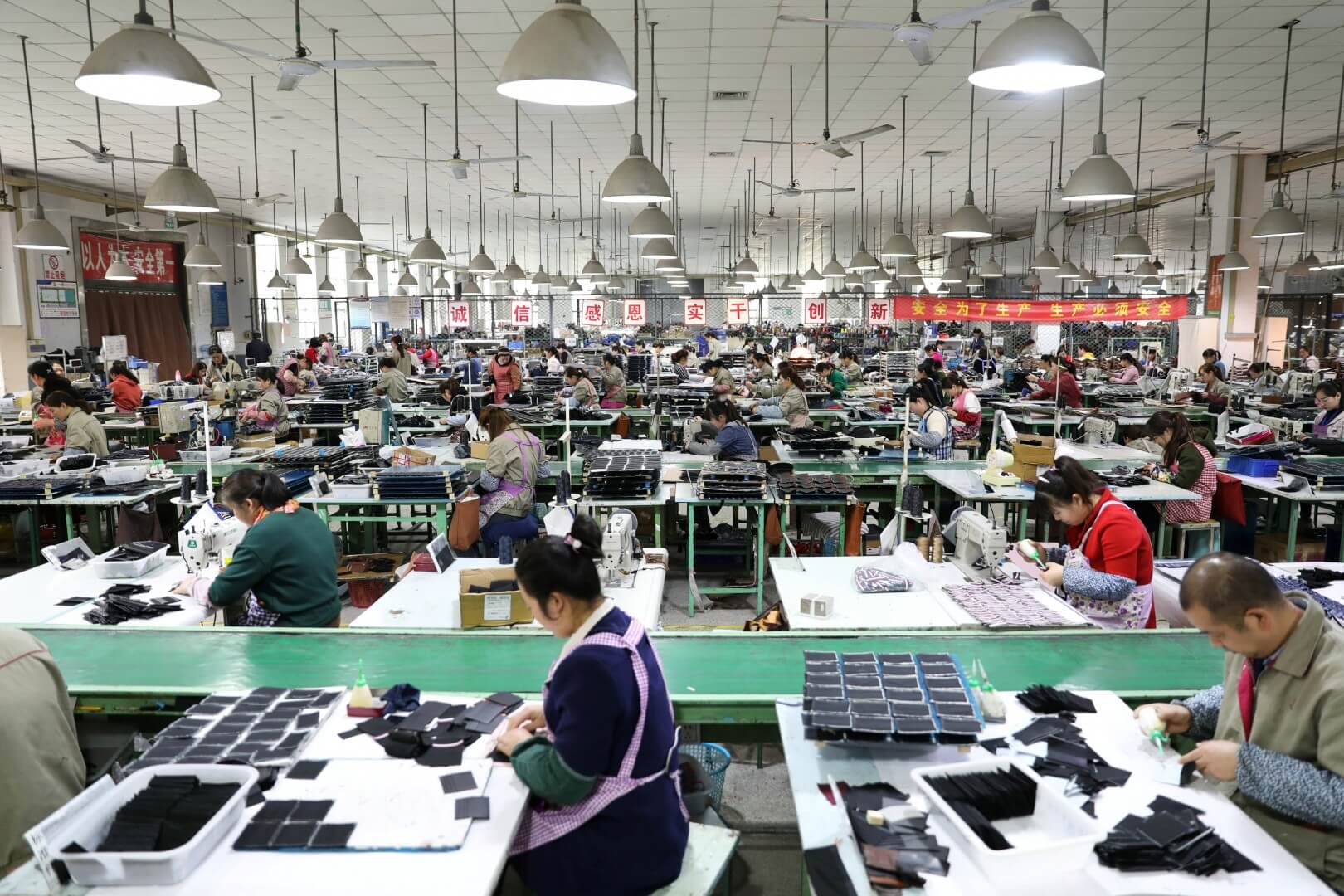The big picture: The trade war between U.S. and China rages on, and while word has been circulating that Apple might be moving some of its manufacturing out of China, other companies like Amazon, Dell and HP might also be weighing their options in order to avoid Trump’s tariffs.

At the G20 summit in Japan last week, Trump made interesting comments on partially reversing the Huawei ban, and a possible truce in the ongoing trade war. According to a report by Nikkei Asian Review, big tech isn’t taking any chances though, and is planning to shift a sizable part of their manufacturing outside of China.
The tariffs imposed on phones, laptops and gaming consoles could see prices rise considerably for people in the U.S., but what’s making tech giants examine alternatives is the problem of rising manufacturing costs in China. Dell is said to have started a ‘pilot run’ of notebook production for what is essentially a plan to move 30 percent of it to greener pastures. HP is reportedly looking at anywhere between 20 and 30 percent, and the two companies combined account for some 70 million notebooks shipped in 2018, a lot of them made in China.
Most companies are looking to other countries in Southeast Asia for options with Vietnam, Taiwan, Indonesia and Thailand as the prospective favorites. Google is said to be moving Nest production, Amazon its Kindle and Echo devices, and even Nintendo is also adapting with a cheaper model that could end up being assembled in Vietnam.
A lot of big names are mentioned in the report – Microsoft, Google, Sony, Lenovo, Acer, and Asustek are all uncertain about the implications of the recent Trump-Xi negotiations, and big players in the server market such as Quanta Computer and Inventec have already gone forward with their plans to avoid the tariffs. So has Foxconn, who will make some of Apple’s iPhones in India.
It’s not like tech giants haven’t tried asking for a break, as is the case with the recent joint letter sent by Big Tech to the Trump administration, pleading for a reevaluation of the consequences on price-conscious consumers.
With so many big companies looking to move manufacturing capacity on a grand scale, China still has time in its hands to work out a solution, in order to prevent an exodus of jobs and know-how that comes with being the traditional production center for device makers.
https://www.techspot.com/news/80788-google-microsoft-amazon-others-plan-move-production-out.html